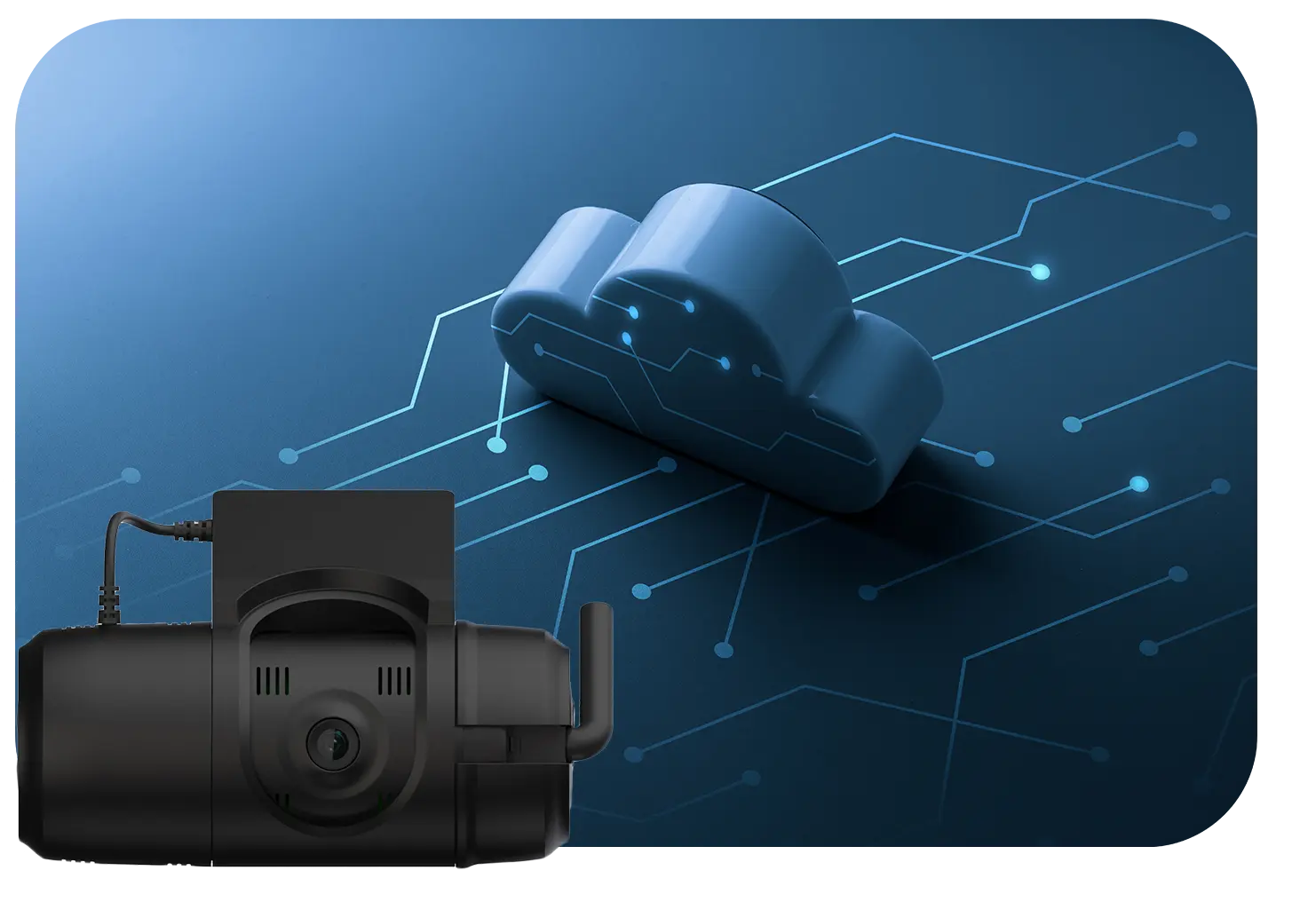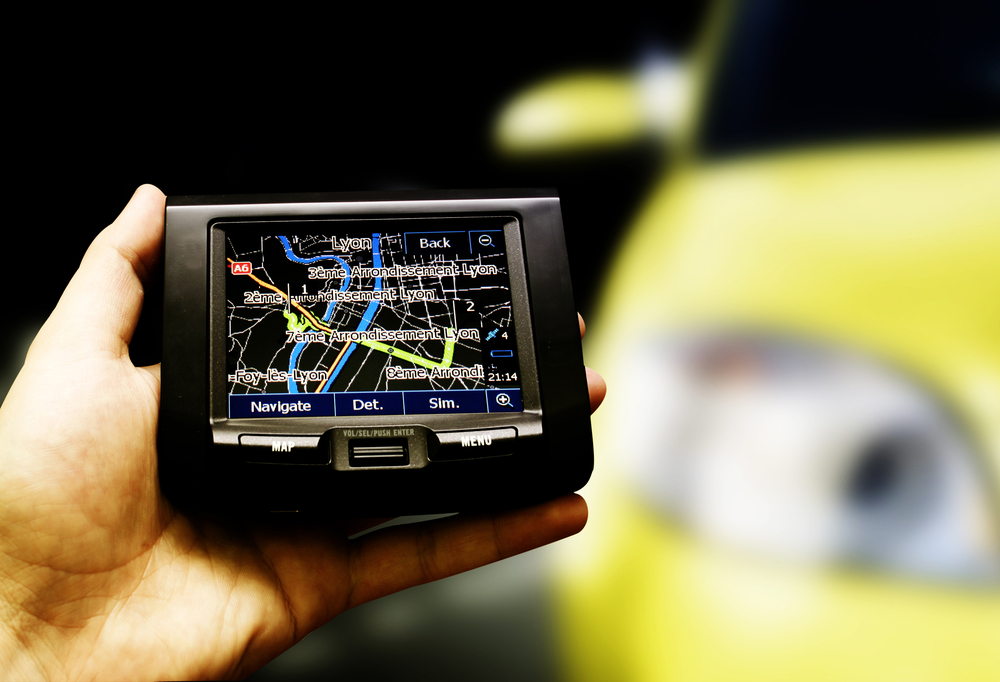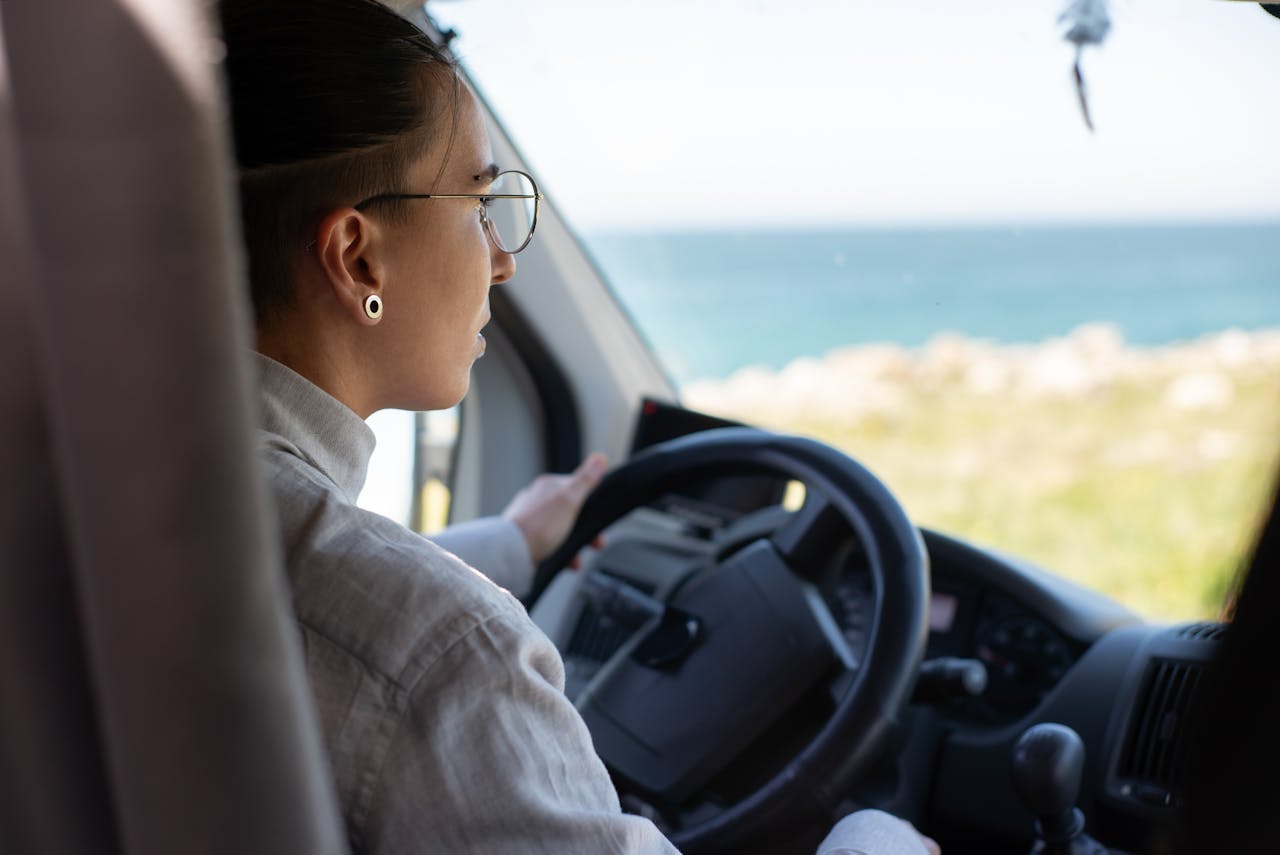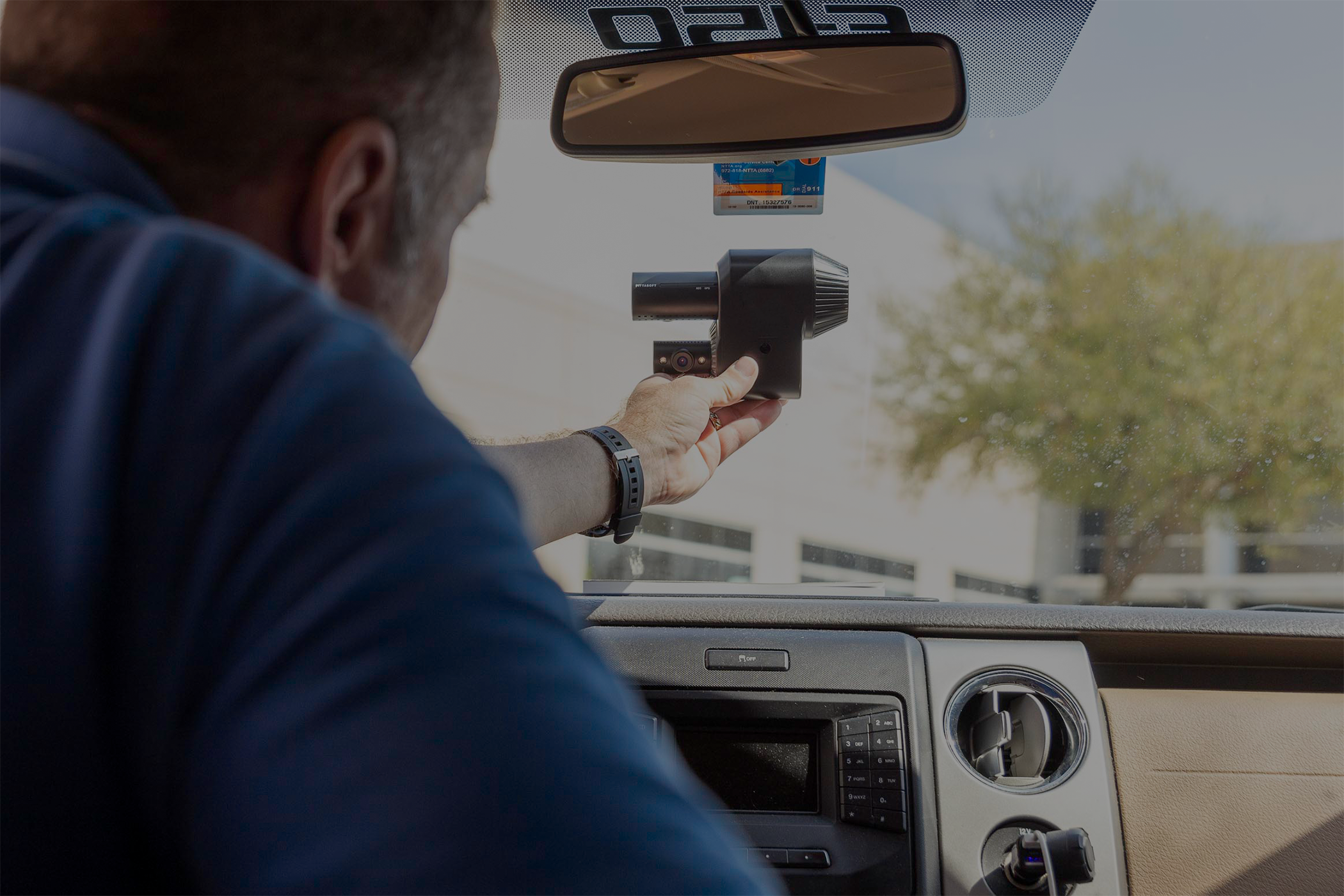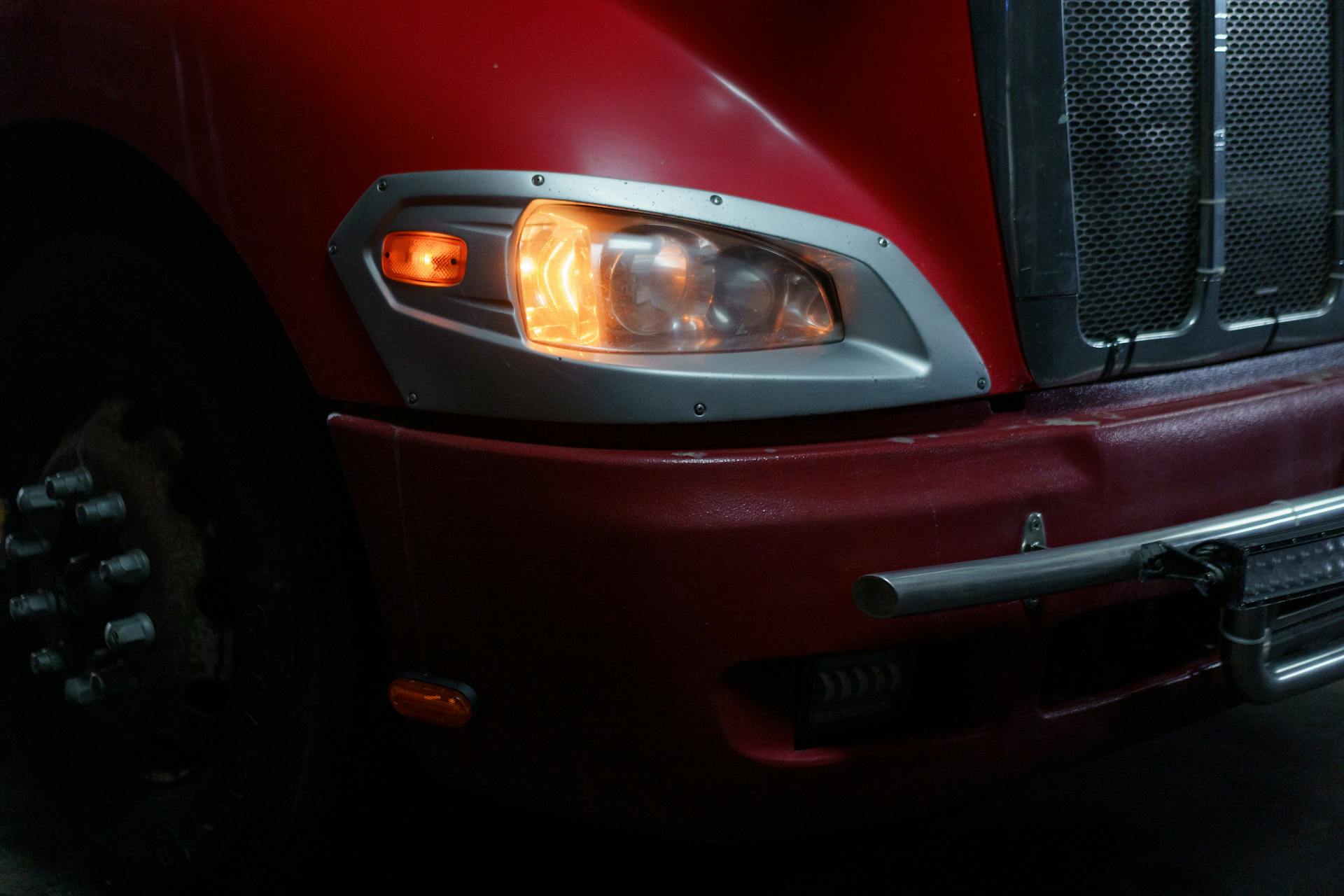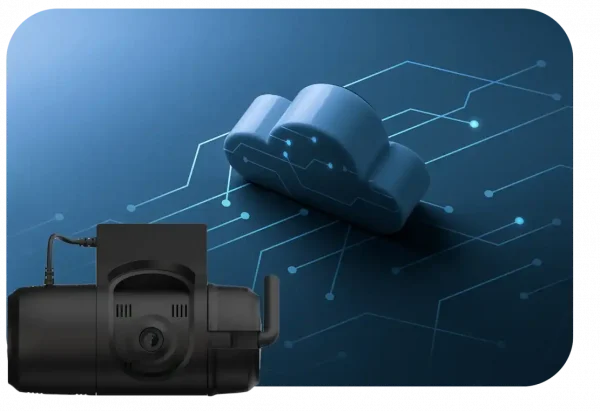
In today’s modern world, security cameras have become an integral part of our lives, providing much-needed peace of mind and protection. Dash cameras provide that level of security for those on the road. With technological advancements, cloud-based dash cameras have emerged as a game-changer in the dash cam industry. Before buying a dash camera make sure to compare the differences between cloud-based and non-cloud-based cameras, so you can make an informed decision and get the right dash cam for your specific needs.
Understanding Cloud-Based Cameras
Cloud-based dash cameras leverage the power of cloud computing to store and process video footage securely and conveniently. These cameras offer a myriad of advantages, making them an appealing choice for both individuals and businesses looking for dash cameras. One of the primary benefits of cloud-based cameras is their remote access and monitoring capabilities. With an internal connection, you can effortlessly access live feeds and recorded footage with any device, allowing you to keep an eye on your fleet vehicles from anywhere in the world.
Scalability and flexibility are also notable advantages of cloud-based cameras. Whether you need to add more cameras or expand your coverage area, cloud-based systems can easily accommodate your requirements. Additionally, these cameras offer automatic backup and storage, eliminating the need for physical storage devices and ensuring that your footage is protected even in the event of camera damage or theft. Enhanced security features, such as encryption and secure cloud storage, provide an additional layer of protection for your valuable data.
When choosing a cloud-based camera, it’s important to consider factors such as internet connectivity requirements, ensuring that you have a reliable and stable connection to support continuous remote access. Data privacy concerns should also be taken into account, as the footage is stored in the cloud, and you need to ensure that the provider has robust security measures in place to safeguard your sensitive information. Subscription models and associated costs are also considerations, as some cloud-based camera systems require ongoing payments for storage and access.
Exploring Non-Cloud Based Cameras
Non-cloud-based dash cameras or SD-card based, on the other hand, offer a different approach to insight into your fleet. These cameras store video footage locally, usually on physical storage devices like SD cards, or network video records (NVRs). One of the significant advantages of non-cloud-based cameras is the level of control they provide over data storage. You have direct access to your footage, by pulling out the SD card.
Non-cloud-based cameras are often chosen for their reduced dependency on internet connectivity. If your location has limited or unreliable internet access, the cameras can still function and record footage without interruptions. Furthermore, non-cloud based cameras offer greater control over data privacy since the footage remains within your physical possession.
Another advantage to non-cloud dash cams is that they do not have recurring subscription costs. This can be advantageous for those seeking a long-term cost-effective solution without ongoing expenses. However, it’s important to consider that maintaining and backing up the recorded footage becomes your responsibility. Regular maintenance and ensuring the reliability of local storage devices are essential to avoid any potential data loss.
Determining The Better Fit For Your Needs
When it comes to choosing between cloud-based and non-cloud-based cameras, it’s crucial to assess your specific requirements and priorities. Consider the following factors:
- Security needs and coverage area: Evaluate the level of security you require and the size of the area you need to monitor. Cloud-based cameras are highly scalable, making them suitable for larger spaces or expanding surveillance networks. Non-cloud-based cameras may be more suitable for smaller areas or when you require more localized control.
- Internet connectivity reliability: Assess the availability and reliability of your internet connection. Cloud-based cameras rely on internet access for remote viewing and storage, so a stable and fast connection is essential. Non-cloud-based cameras can operate independently of the internet, making them suitable for areas with limited connectivity.
- Desired level of control over data storage and privacy: Consider your preferences regarding data storage and privacy. Cloud-based cameras store footage remotely, which can raise concerns about data security and privacy. Non-cloud-based cameras provide direct control over your recordings and may be preferable for those who prioritize data privacy.
- Long-term costs and budget considerations: Evaluate your budget and the long-term costs associated with the camera system. Cloud-based cameras often involve recurring subscription fees for storage and access, while non-cloud-based cameras require a one-time investment with no additional costs.
To illustrate suitable camera choices based on specific needs, let’s consider a fleet management scenario. For a large fleet spread across multiple locations, cloud-based cameras offer the scalability, remote access, and automatic backup necessary to monitor and secure the fleet effectively. On the other hand, if you have a small fleet that returns to a centralized location often, non-cloud-based cameras would provide reliable surveillance that you can access easily with the physical SD card.
Choosing between cloud-based and non-cloud-based cameras depends on your unique needs and preferences. Cloud-based cameras offer remote access, scalability, and automatic backup, while non-cloud-based cameras provide local storage control and reduced dependency on internet connectivity. By carefully considering factors such as security needs, internet connectivity, data privacy, and long-term costs, you can determine the ideal fit for your surveillance requirements. Remember to assess your specific needs and prioritize the factors that align with your goals to make an informed decision that ensures unparalleled surveillance solutions for your fleet.
Contact us to explore our fleet dash cam solutions and find the best one for your fleet!


